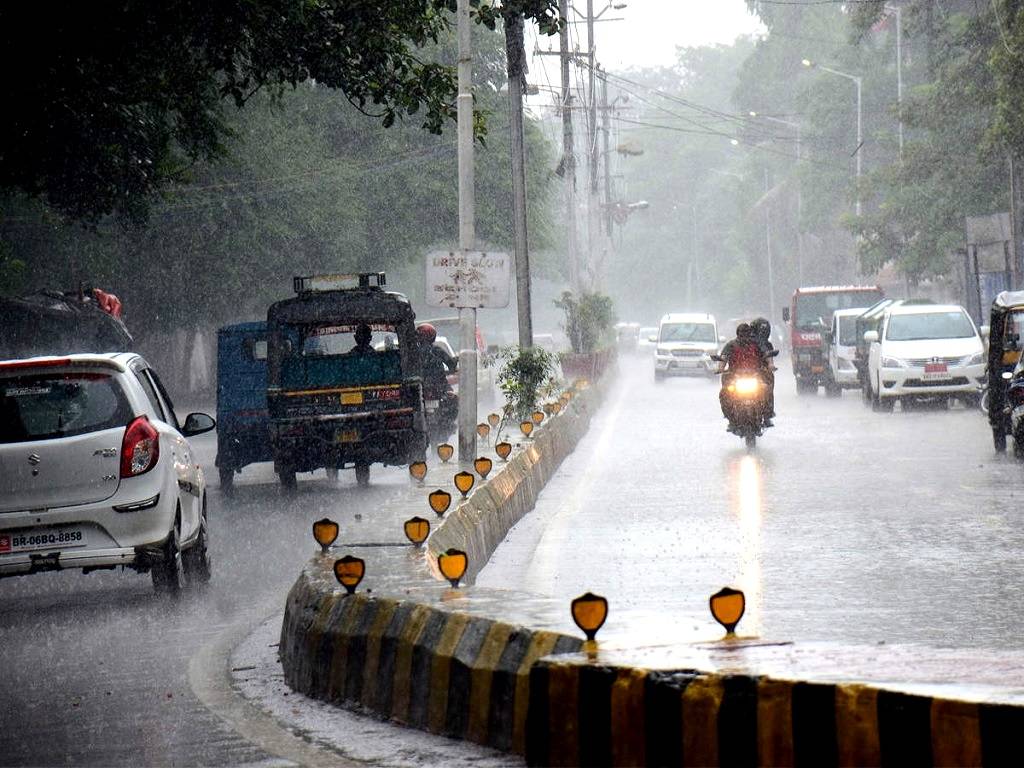
According to the India Meteorological Department (IMD), Delhi will see a partly cloudy sky on Monday.
The minimum temperature on Monday is expected to be 11 degrees Celsius, with the maximum temperature reaching 24 degrees Celsius.
On Sunday, the minimum temperature was 12.1 degrees Celsius, which is normal for this time of year, and the highest temperature was 25.2 degrees Celsius, which is also normal.
On Monday morning, Delhi's air quality was rated "satisfactory." According to data from the Central Pollution Control Board (CPCB), the hourly air quality index (AQI) at 7 a.m. stood at 93. The average 24-hour AQI was 92 on Sunday.
On Sunday, the India Meteorological Department (IMD) projected heavy rainfall across south Tamil Nadu, Puducherry and Karaikal on Wednesday, March 2. It also predicted heavy rain across Kerala and Mahe on Thursday, March 3. "Light/moderate rainfall with a thunderstorm, lightning, and isolated heavy rains are highly possible across south Tamil Nadu on March 2 and over Kerala and Mahe on March 3, 2022. On March 3, 2022, isolated extremely heavy rains are also likely over Tamil Nadu, Puducherry, and Karaikal "according to the IMD's statement
Two Western disturbances will influence several parts of northwest India
The weather forecast for major areas of northwest India anticipated that the two Western disturbances would influence many parts of the region from February 28 to March 3. "Isolated light/moderate rainfall very likely over Bihar, Jharkhand, West Bengal-Sikkim, and north Chhattisgarh within the next 24 hours".
The India Meteorological Department said in a statement released on Sunday. "Scattered to fairly widespread rainfall across Arunachal Pradesh, Assam and Meghalaya, Nagaland, Manipur, Mizoram, and Tripura during the next two days, with isolated thunderstorms and lightning over Arunachal Pradesh, West Assam and Meghalaya, and Tripura over the next 24 hours," the bulletin stated.
According to the weatherman, a cyclonic circulation exists in lower and middle tropospheric levels over the Malacca Strait and the South Andaman Sea, and it is very likely to move west-northwestwards.
A low-pressure region is expected to build over the Southeast Bay of Bengal over the next 48 hours as a result of its impact. During the next 48 hours, it is expected to move further towards the Sri Lankan coast.
















